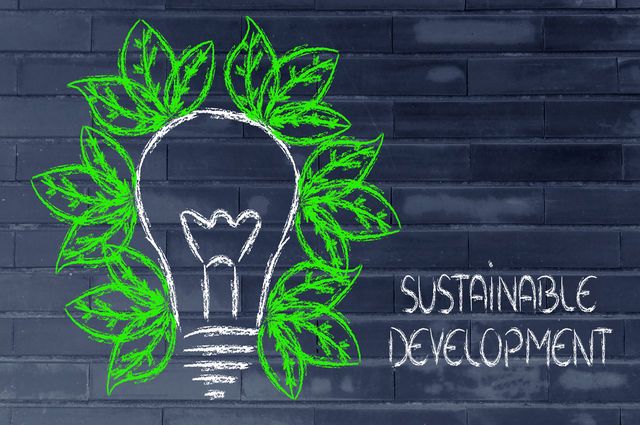Who makes hospitality sustainability happen: Governments, Industry, Consumers?
17 experts shared their view
What (or who) helps hospitality companies improve faster? Consumer-led campaigns on plastic straws have pushed many hospitality companies to consider alternatives or simply ban single-use plastics. So far, however, the vast majority of guests still choose their hotels mainly by location and price. Using levers such as taxation or legislation, governments are also increasing the pressure. Recent examples include the European Union's ban on a series of single-use plastics such as cutlery, straws, and stirrers by 2021. Many states across the US are implementing similar bans. Beyond plastics, carbon pricing initiatives are in place or planned in more than 45 countries. The EU's Energy Performance of Buildings Directive requires all new buildings to be nearly zero-energy (NZEB) by the end of 2020 and existing buildings to transition towards NZEB by 2050. Finally, the hospitality industry's self-regulation and voluntary codes of conduct are considered popular approaches in dealing with sustainability challenges, but at times with limited success. Facing mounting environmental issues, are all three parties (government, consumer, industry) playing an equally important role? Do consumers have the foresight to act as a useful lever of change? Taxes and legislation are in the pipeline across the globe, so what needs to be done today to minimize the risk of getting hit? And how about driving consumer behavior change through inspiring guest experiences?
Our industry plays a key role when pursuing sustainability. Hospitality can contribute to the conservation of natural and cultural resources, as well as contributing to the wellbeing of local communities. In order to achieve this goal, hospitality can seek public-private alliances to maximize its positive impact over areas of influence, whilst also promoting the involvement of travelers in sustainable practices and environmental responsibility.
For instance, NGO Inkaterra Asociación (Peru) established a strategic partnership with multinational beverage company AJE Group and the Machu Picchu Town Hall, in order to transform Machu Picchu into the first city of Peru and Latin America that responsibly manages almost all its solid waste.
The alliance was an outcome of a waste management crisis alerted by UNESCO in 2016 – a warning before including one of the Seven Wonders of the Modern World into the Patrimony at Risk list. As Machu Picchu is found in a small deep valley that can only be accessed by foot or train, the ever-growing tourism demand, transport limitations and the lack of space for traditional composting, waste management grew into a serious issue.
Hence, in 2017 the partnership donated a plastic compact machine to process seven tons of PET daily. One year after, a Biodiesel and Glycerin Production Plant opened within the grounds of Inkaterra Machu Picchu Pueblo Hotel. With the collection of used cooking oil from homes, lodges and restaurants in Machu Picchu, producing 20 gallons of biodiesel on a daily basis. The device processes six thousand liters of used oil every month, avoiding its spillage in the waters of Vilcanota River. Additionally, petrochemical-free glycerin obtained from this process, then donated to the Machu Picchu Town Hall to clean its sidewalks and stone floors.
In 2019, the first Organic Waste Treatment Plant opened in Machu Picchu. An innovative technology commissioned to Grupo Alimenta has the capacity to process eight tons of organic waste each day through pyrolysis – chemical decomposition at high temperature in the absence of oxygen. This process turns waste into bio-char, a natural fertilizer that contributes to the reforestation of the Andean cloud forest as well as agricultural productivity in Machu Picchu.
Sustainable Machu Picchu exemplifies what a strategic partnership between the public and private sectors can achieve when working together towards a common goal. It also manages to raise environmental awareness among the local community and travelers. Nowadays, Machu Picchu segregates most of its waste from its place of origin. A replicable initiative worldwide, promoting sustainability and a circular economy.


